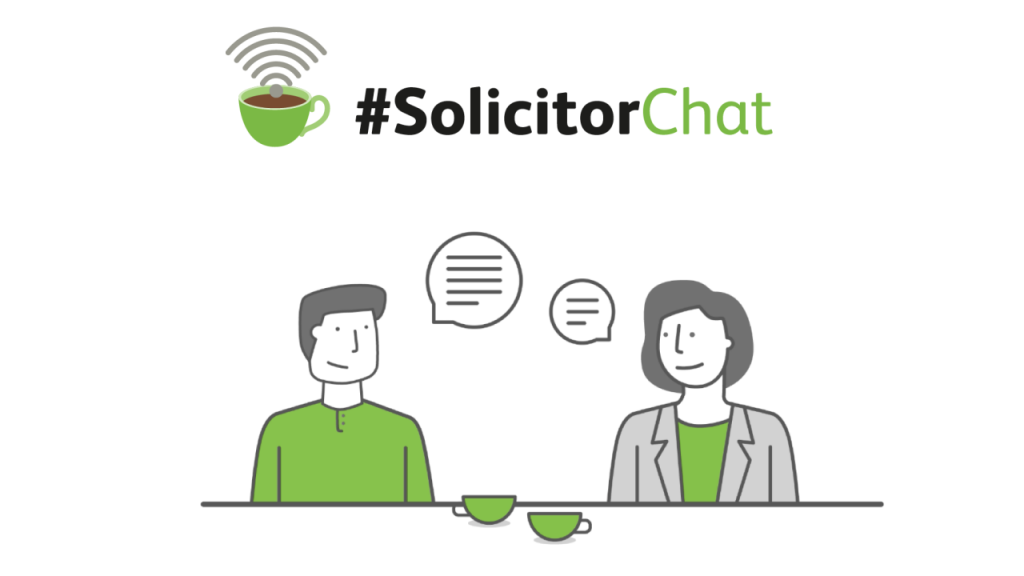We were delighted to take part in our first #SolicitorChat in association with The Law Society on Twitter this morning.

The theme of today’s discussion was ‘Employment Rights and the Gig Economy’ – here’s a summary of what we talked about.
What is The ‘Gig Economy’?
The ‘gig economy’ is defined as “a labour market characterised by the prevalence of short-term contracts or freelance work, as opposed to permanent jobs”. It has been the subject of much discussion in recent years, as more and more companies are employing freelancers or contractors to do work traditionally carried out by permanent staff.
Why Is It Important to Be Aware of Your Employment Status?
Often your legal employment status doesn’t have much of an effect on your day-to-day work, so it’s easy to think it doesn’t matter. But there are a number of very good reasons that you should be aware of it, not least because it can have important implications for your liability in the case of an injury or accident at work.
Employees are usually covered for their actions by the employer in the event that they commit a health and safety breach or similar. The concept of ‘vicarious liability’ applies here – as an employee, individual liability is effectively replaced by your employer’s own liability.
However, a self-employed individual may find that they are not covered in this way – either as far as the law is concerned, or by their insurance. For example, a subcontractor might be responsible for providing their own public liability insurance – if they are unaware of this, they are potentially exposing themselves to a great deal of risk.
If you are unsure of your employment status, HMRC has excellent guidance on this.
What Issues Have Been Highlighted by Cases Such as Pimlico Plumbers and Deliveroo?
A recent case involving Pimlico Plumbers resulted in a High Court ruling that a plumber working for the company qualified as a ‘worker’ – a status that entitled him and others like him to workers’ rights, including a national minimum wage, holiday pay and protection from discrimination.
However, in a similar case involving food delivery company Deliveroo, a court recently ruled that a driver was self-employed rather than a ‘worker’, meaning that he was not entitled to workers’ rights.
These cases highlight the uncertainty surrounding these kind of jobs, for both the workers/contractors and also for the businesses that employ them and their services.
What Issues Can Arise if Businesses Don’t Understand the Employment Status and Rights of Those They Employ?
The implications for businesses are potentially serious if they are not clear on the employment status of those working for them. Should a contest arise, businesses may well find that they have employees – and liabilities – of which they were unaware!
Courts are often more willing than people realise to go behind the arrangements that businesses and contractors think they have in place. A recent (and real) example involves a business that uses self-employed electricians. A member of the public was sadly killed because of a fault in the installation, and despite using self-employed electricians, the company found itself potentially liable for very large compensation. The directors endured a long police investigation, and the discomfort of having to answer to the coroner.
This could have been avoided had the company been clear from the start about where the liabilities lay in situations involving those working on its behalf. Experienced legal representation could have helped.
For more information on legal services for businesses, contact Regan or Gemma at info@reganpeggs.com, or call 0121 201 3765.
- UK Motoring Offence Stats: A Closer Look at the Numbers - October 26, 2023
- Are Sat Navs Excuses for Motoring Offences? - October 4, 2023
- Is divorce always 50/50? - August 2, 2023

